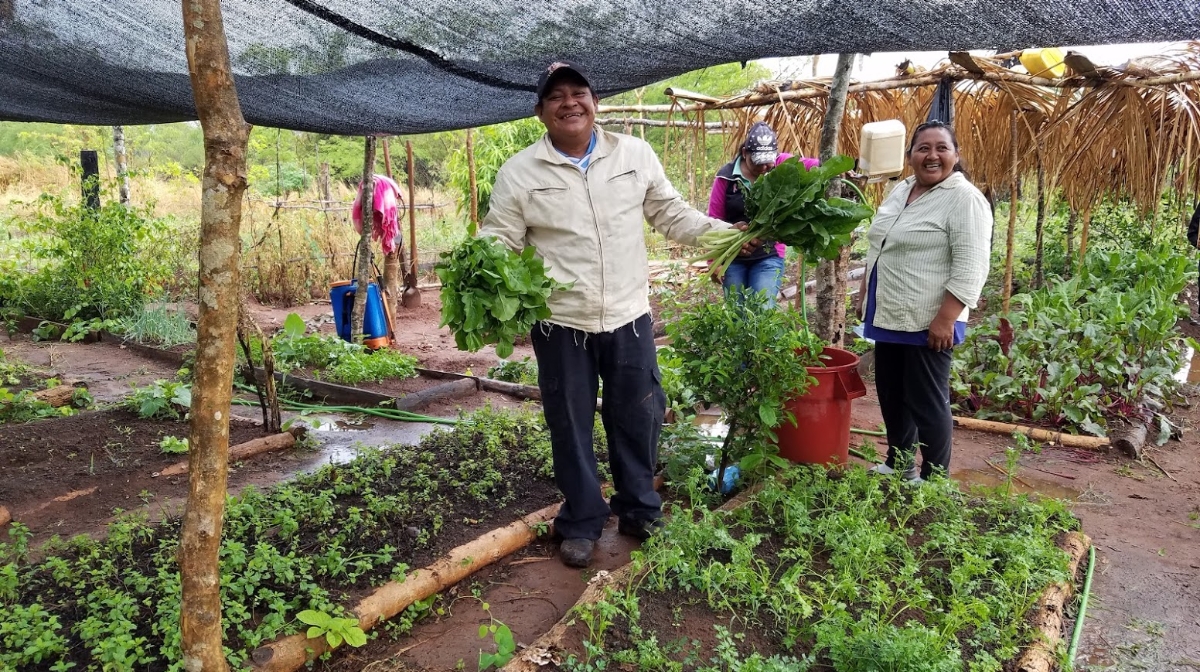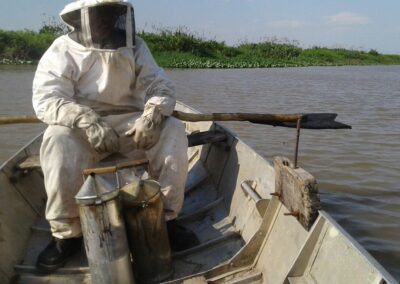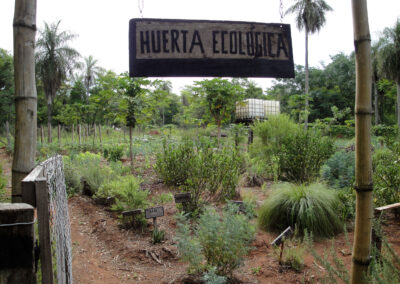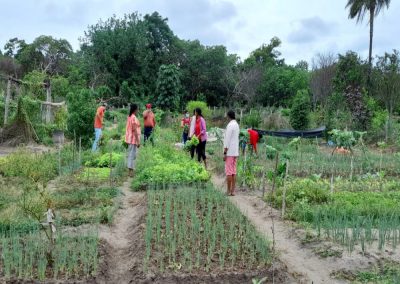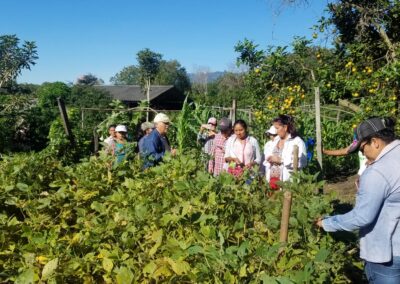The governments of the La Plata Basin are heavily promoting the production and expansion of large-scale export-oriented industrial agribusiness, mainly soy and cattle. Intensive production of animals and crops has had a devastating impact on the La Plata Basin environment. It’s an economic model that concentrates wealth in the hands of a few large landowners, with little benefit to local communities.
Agribusiness expanding into wetland areas
Slash-and-burn is turning the La Plata Basin’s rich forests and wetlands into monocultural farms and triggering huge forest fires. Agrochemicals are contaminating groundwater, soils, rivers and lagoons, leading to public health issues, including an increase of cancer among women and children in particular. Agrochemicals are also harming fish stocks and aquatic life, which are an important source of protein for local people. The situation is affecting the role of the La Plata Basin ecosystem in regulating the regional and global climate, not to mention in supporting the millions of people who call the region home.
Resilient communities and ecosystems through agroecology
The Wetlands without Borders network is working with individual farmers and local cooperatives, providing training and capacity building on agroecology. Agroecology is a framework for describing the knowledge and practices of food producers working in resilient and sustainable food and land-use systems. It works in harmony with ecosystems, with the aim of restoring nature, rather than destroying it. Agroecological practices provide a sustainable solution for family farms, enabling them to diversify their diet, increase food security and sell surplus products on the local market.
We are building capacity on practices such as biological pest control, organic community gardening and Analog Forestry, which foster better water and soil management, protect biodiversity and improve resiliency in the face of climate change. We are introducing new practices such as bee-keeping in remote communities for the production of a unique wetlands honey. Our seal of origin for agroecological products from La Plata Basin wetland areas is helping local producers gain recognition for their products and increase their marketing potential.
Promoting agroecology in policy and practice
The Wetlands without Borders network aims to expand the number of agroecology practitioners, as well as the amount of hectares on which agroecology is practiced. We are advocating for integration of agroecology in official policies of national and local policymakers, including ministries and departments of environment, water, forests, agriculture, rural development and territorial planning. We are lobbying at the local and national level, and engaging with international institutions and investors to increase policies, laws, and support for agroecology. Our campaigns focus on raising awareness and recognition of agroecology as a viable and future-proof practice for the region.
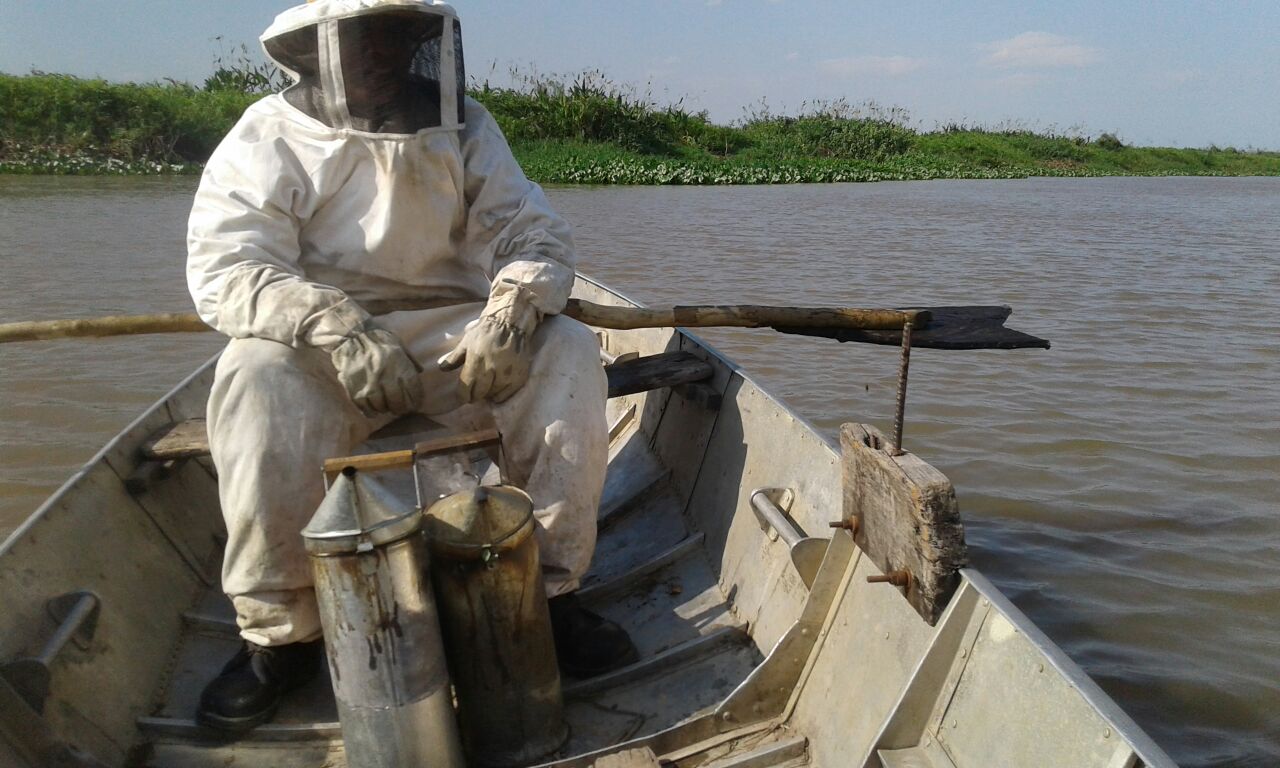
Agroecological beekeeper on his way to his beehyves, only accessible by boat
Agroecological practices provide a sustainable solution for family farms, enabling them to diversify their diet, increase food security and sell surplus products on the local market.
Agroecological beekeeper on his way to his beehyves, only accessible by boat
Agroecological beekeeper on his way to his beehyves, only accessible by boat
Medicinal garden on the ecological farm of Yvapuruvu, Paraguay
Medicinal garden on the ecological farm of Yvapuruvu, Paraguay
